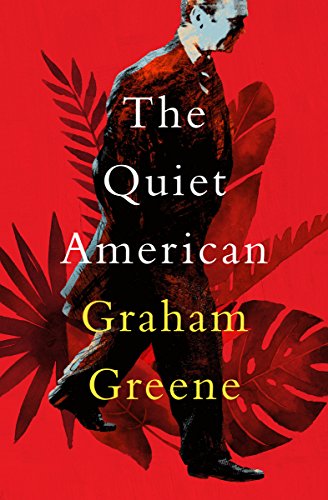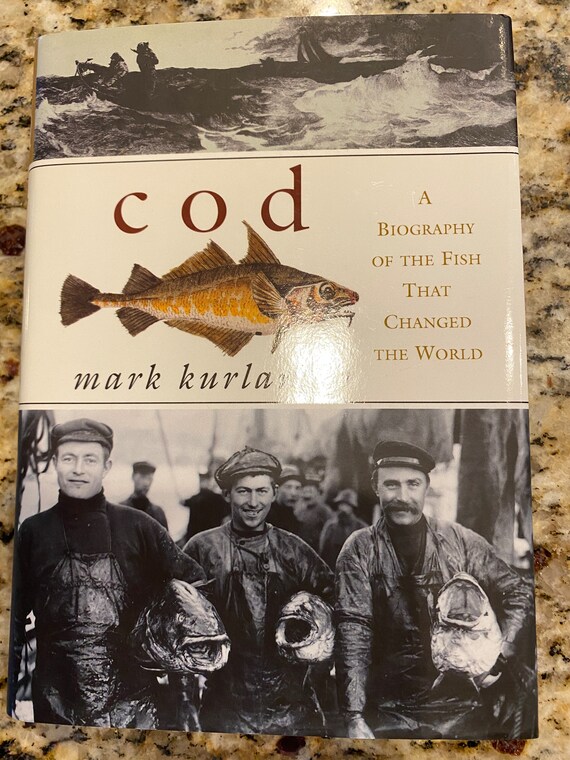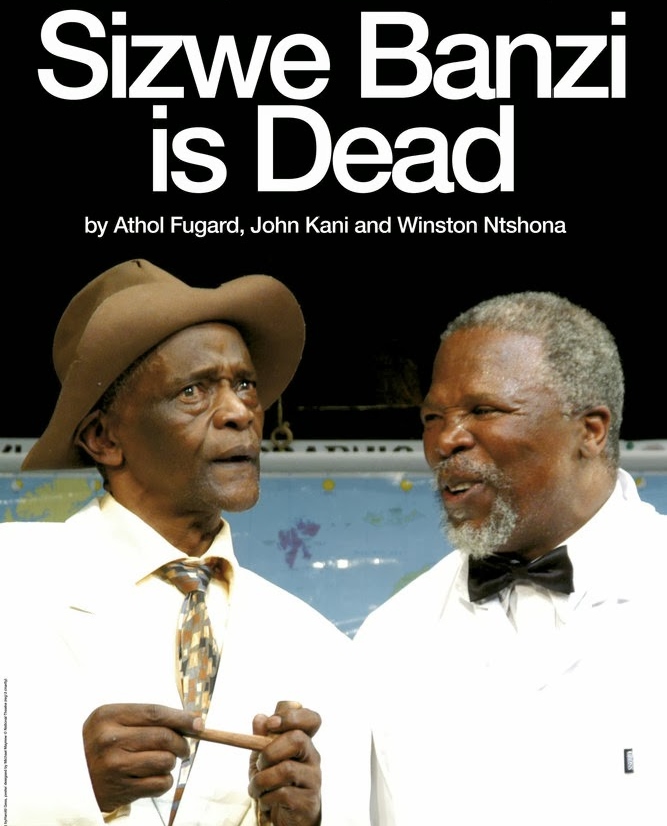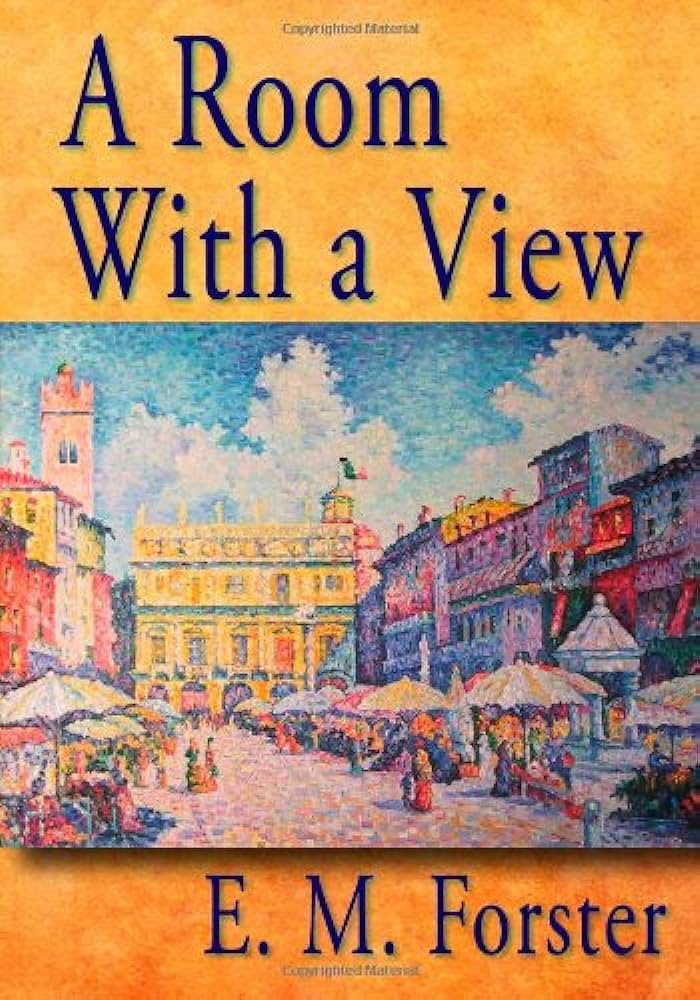In this edition of “Beyond the Cover,” we will explore the themes in the novel “The Quiet American”, by renowned British writer Graham Greene.
Graham Greene’s “The Quiet American” is a riveting novel that explores the complexities of war and political intrigue against the backdrop of 1950s Vietnam. Set during the early years of the Vietnam War, the novel follows the story of Thomas Fowler, a cynical British journalist, and Alden Pyle, an idealistic American aid worker. As their paths intersect in war-torn Saigon, their contrasting ideologies and personal motivations spark a series of events that lead to tragedy.
Moral Dilemma
At its core, “The Quiet American” is a compelling exploration of the nature of innocence and guilt, as well as the moral complexities inherent in political activism and personal responsibility. Greene examines the consequences of naïveté and idealism in the face of harsh realities, ultimately challenging the notion of good intentions in a world plagued by violence and exploitation.
Conflicting Values
One of the novel’s most striking themes is the clash between Eastern and Western values, as exemplified by the strained relationship between Fowler, a jaded expatriate, and Pyle, a fervent believer in American exceptionalism. Greene exposes the arrogance and ignorance of Western interventionism while highlighting the resilience and dignity of the Vietnamese people caught in the crossfire.
Overall, “The Quiet American” stands as a timeless piece that remains as relevant today as when it was first published decades ago. With its richly drawn characters, atmospheric setting, and profound exploration of moral ambiguity, Graham Greene’s novel continues to captivate readers with its timeless themes and haunting resonance.
Join us in the next edition of “Beyond the Cover” as we delve deeper into the intriguing context of another renowned book.



